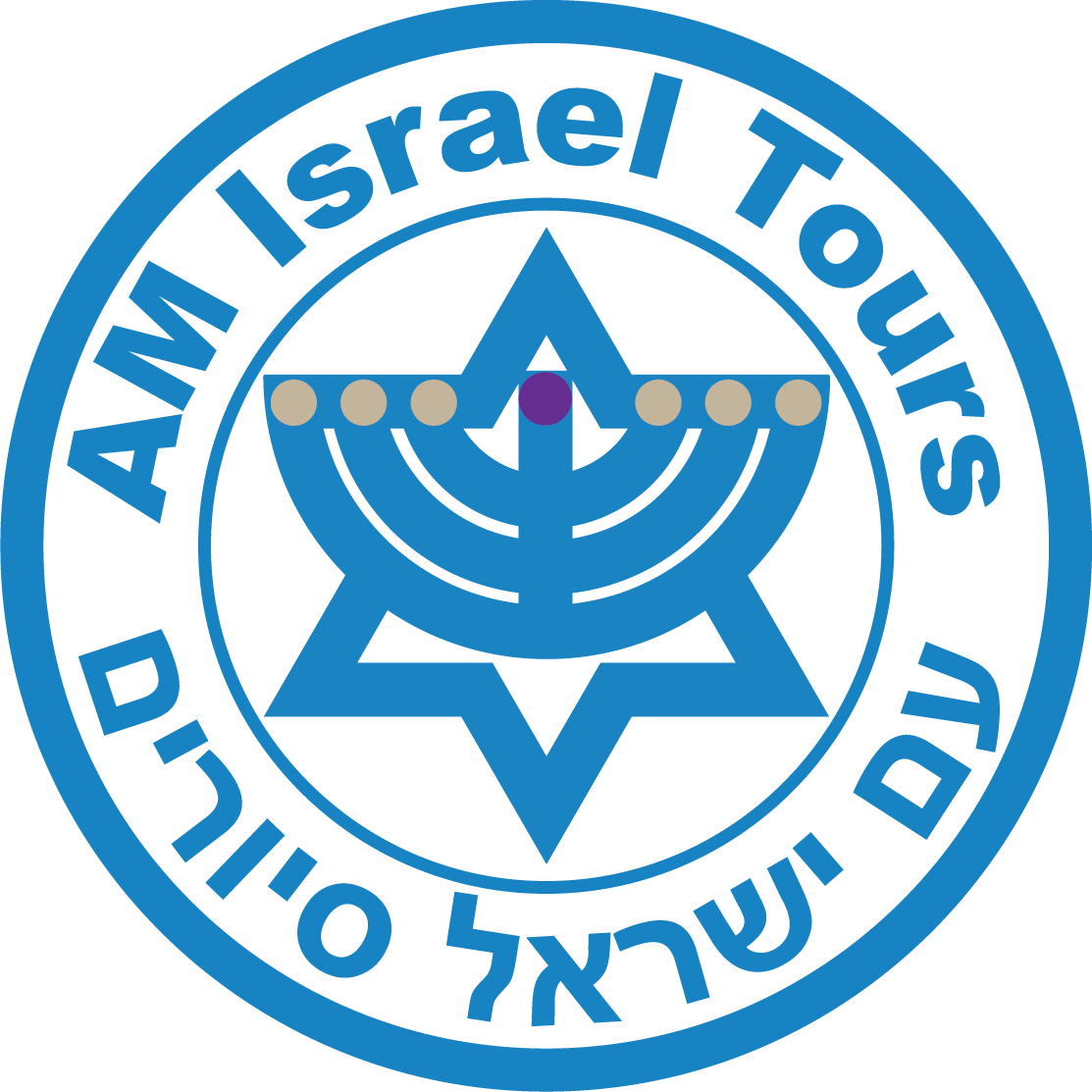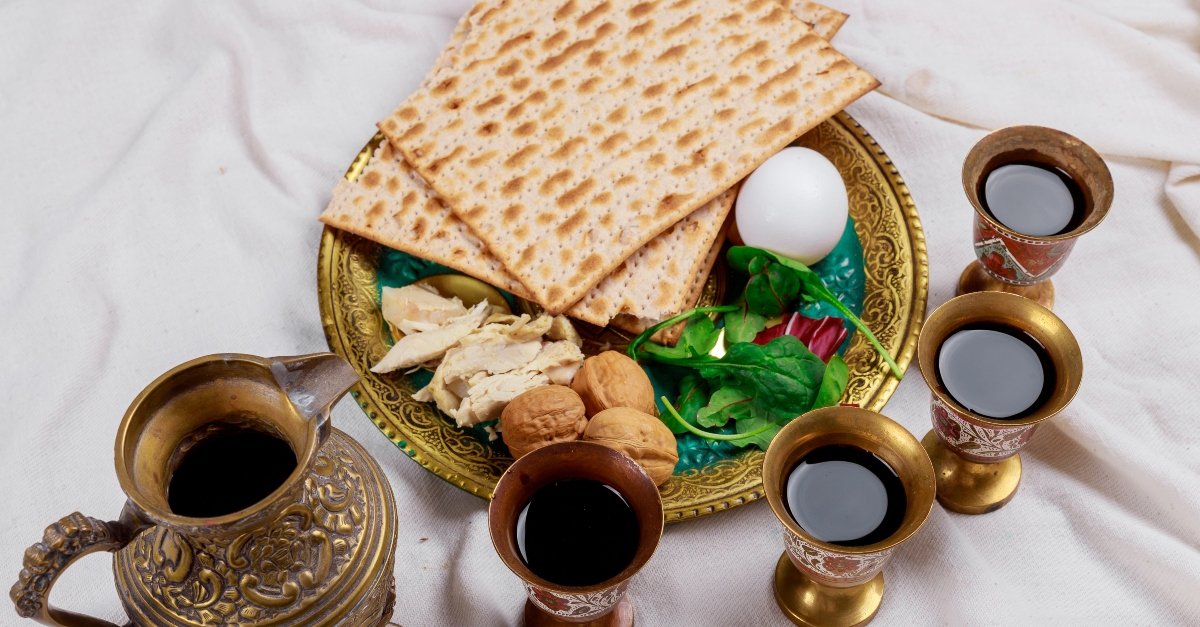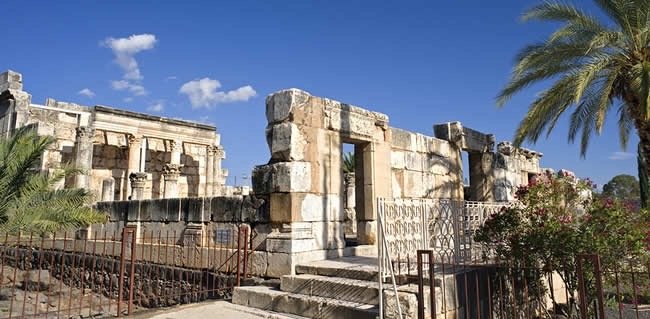The Passover Lamb
Last night at sundown began Passover. Leading up to Passover, homes and restaurants are scrubbed and cleaned and all forms of hametz are removed from the premises. Hametz, which is yeasts is considered a symbol of sin during this time and anything with leavening isn’t permitted to be in the home or eaten during Passover, which is a week long feast to be observed within the Jewish community.
Last night, two thousand years ago, the Messiah had the Passover Seder with his disciples. He broke matzah (unleavened bread) and took of the four cups of wine. The first cup, the Kiddush, cup of blessing. The second cup, the Maggid, telling the Passover story and asking the fours questions (Each of the four questions begins with, Why is this night different from all other nights? That in all other nights we do not dip vegetables even once, on this night, we dip twice?; That on all other nights we eat both chametz and matzah, on this night, we eat only matzah?; That on all other nights we eat many vegetables, on this night, maror?; That in all other nights some eat and drink sitting with others reclining, but on this night, we are all reclining?). The third cup is the blessing after the meal called the Birkat Hamazon. The fourth cup, the Hallel. Each cup tells the story of the Exodus from Egypt and represents the four expressions of deliverance, "I will bring out," "I will deliver," "I will redeem," and "I will take." The Vilna Gaon relates the Four Cups to four worlds: this world, the Messianic age, the world at the revival of the dead, and the world to come.
Passover is all about the Messiah and all that He came to do for us… He came to bring us out of captivity. He came to deliver us, from the enemy and bring us to a place where we can have communion with God. He came to redeem us from all sin and shame. He then will take us home where we will reign with Him forever.
During Passover a lamb is brought to the priests by each individual/household to be sacrificed for the sins of the individual. The lamb is placed under scrutiny as it is inspected for any spot, blemish or wrinkle that would render it unfit for sacrifice. The Messiah went through this same process after he was taken into custody. He was put on trial and was found not guilty, however, He was still sacrificed being found without spot, blemish or wrinkle. Just as the matzah that was broken during the Passover meal has stripes and holes, so was the Messiah pierced and bruised for our iniquities. Just as a sacrificial lamb must be eaten before sundown, the Messiah gave up His spirit before sundown.
There is so much more to be said and told, however, I recommend you attending a Passover Seder, if you have not already done so. You will see the Messiah in the whole of this festival.
Yeshua is the Lamb of God. He bore all of our sin so that we might live. He delivered us from our iniquities (lawlessness), so that we may live in peace and harmony, so that we might love our neighbors. We must love God with all our heart, mind, soul and strength.
May this season bring you blessing and may you find the Messiah today! He is knocking at the door of your heart. Open that door and let Him in.
Capernaum - Jesus Teaches Us Forgiveness
Capernaum - Old Synagogue
Although Jesus grew up in Nazareth He ended up moving to Capernaum a location where He chose to set up His headquarters for His ministry. The location was excellent in that it sits northwest of the Sea of Galilee and was an important commercial stop along an ancient trade route.
Matthew 4:13 “but he left Nazareth and came to live in K'far-Nachum (Capernaum), a lake shore town near the boundary between Zebulun and Naphtali.”
In the time of Jesus a man wasn’t allowed to be a rabbi until he turned the age of 30. He would begin his mission in gathering disciples and travel through the countryside speaking in various synagogues on Sabbath and to the local people along his way. The man becoming a rabbi would typically say, “come” to those he was choosing to be his disciples and they would follow without question. There was no rebuttal nor questions like, “well, where are we going?”, “What do you plan to teach us?”…the man would simply say, “come” and they would follow, just like sheep follow their shepherd.
The rabbi knew that the people following him, most likely were uneducated, and more like peasants. So, with this in mind the aspiring rabbi would know that he needed to speak plainly as to be sure they would understand him. He would need to speak to their senses through smell, touch, taste, feel and vision. This is what is known as speaking in parables and there was none greater than the Messiah in accomplishing this task.
Jesus spent much time teaching and mentoring His disciples in Capernaum, getting them prepared for their mission of spreading the Good News to all people, to the Jew first and to all the nations! Capernaum was the location where Jesus taught them regarding forgiveness.
Matthew 18:21-22 “Then Kefa (Peter) came up and said to him, "Rabbi, how often can my brother sin against me and I have to forgive him? As many as seven times?" "No, not seven times," answered Yeshua, "but seventy times seven!”
I think Peter thought he was being mighty gracious to forgive someone up to 7 times. However, Jesus’ response with a command to forgive someone up to 490 times, was probably shocking. The awesome thing about the Messiah, is that He didn’t mince words and He was very purposeful in what He said. Could there be some hidden meaning behind the 490? Well, yes! I’m glad you asked!
The number 490 equates to the numerical value of the word Tamim, which means “complete”, “perfect”, or “finished”. So, when relating this word to forgiveness or unforgiveness, the person who cannot forgive will live a life of imperfect and incomplete life. Furthermore, they lack the true understanding of the “finished” and most gracious work of the shedding the Messiah’s blood on the cross. In addition, the number 490 equates to the Hebrew phrase “let your heart be perfect”.
1 Kings 8:61 “So be wholehearted with ADONAI our God, living by his laws and observing his mitzvot (regulations), as you are doing today."
Finally, there are two words that individually add up to the numerical value of 490…”my nativity” (moladati) [nativity means, the occasion of my birth] and “Bethlehem” (Beit Lechem) [House of Bread]. Jesus was born in Beit Lechem, the House of Bread and His birth in the House of Bread is directly associated with forgiveness in that Jesus states in Matthew 6:11-12 “Give us this day our daily bread and forgive us our debts as we also have forgiven our debtors.” Just as a person is unable to live without bread, an individual can neither live without forgiveness.
It is important, no, it is a command for us all to forgive and be forgiven. Just as our Messiah forgave us…He bore ALL of our sins (I’m not sure that we can even grasp this concept with our finite minds), and He chose to do this so that we could be forgiven and have life eternal. Without it, we would not be able to survive. So, forgive just as Jesus has forgiven us.
Colossians 3:13 states, “Bear with one another; if anyone has a complaint against someone else, forgive him. Indeed, just as the Lord has forgiven you, so you must forgive.”



